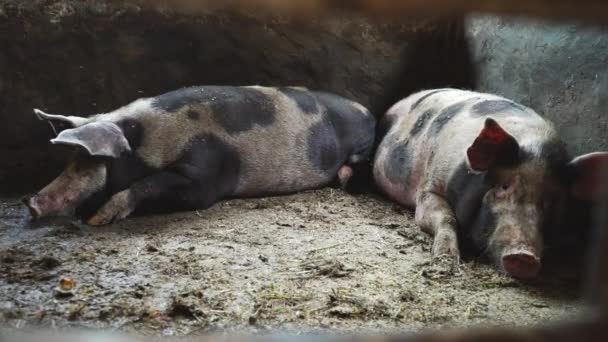

The overwhelming smell of a Pig farm is more than just an annoyance; it could have an impact on human health. According to a study published in Environmental Health Perspectives, the dust, Allergens, Ammonia, and hundreds of other volatile organic compounds that emanate from such farms can cause a notable rise in blood pressure in nearby residents.
Waste from industrial-scale livestock farms, specifically the unspeakable amounts of manure the animals produce is already known to have an impact on human health. When sprayed over fields as fertilizer, manure-dwelling microbes can escape into the surrounding air, water, and soil and eventually make their way to cause infections in local residents. But recent evidence suggests that pathogens in pig poop aren’t the only risk that people living on or around farms face.
In 2009, researchers in North Carolina, a state that’s home to more Pigs than people, showed that the mere smell of an industrial-sized pig farm, called concentrated animal feeding operations (CAFOs), can cause local residents to be stressed and in bad moods. The new study provides a mechanistic link for this phenomenon—blood pressure.
Study participants sat outside their homes for 10 minutes, twice a day, noting the strength of the stench on a scale from 0 to 8. The researchers also measured concentrations of particulate matter and hydrogen sulfide. Finally, the participants were asked to take their own blood pressure using an automated reader. The results revealed that both higher hydrogen sulfide concentrations and strong odors was linked to higher blood pressure.
Odor can be present without detectable hydrogen sulfide. It’s made up of volatile organic compounds at very low concentrations and in a particular combination that people recognize as swine.
 Contact Jaguza Support
Contact Jaguza Support